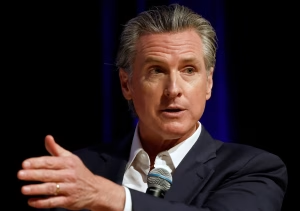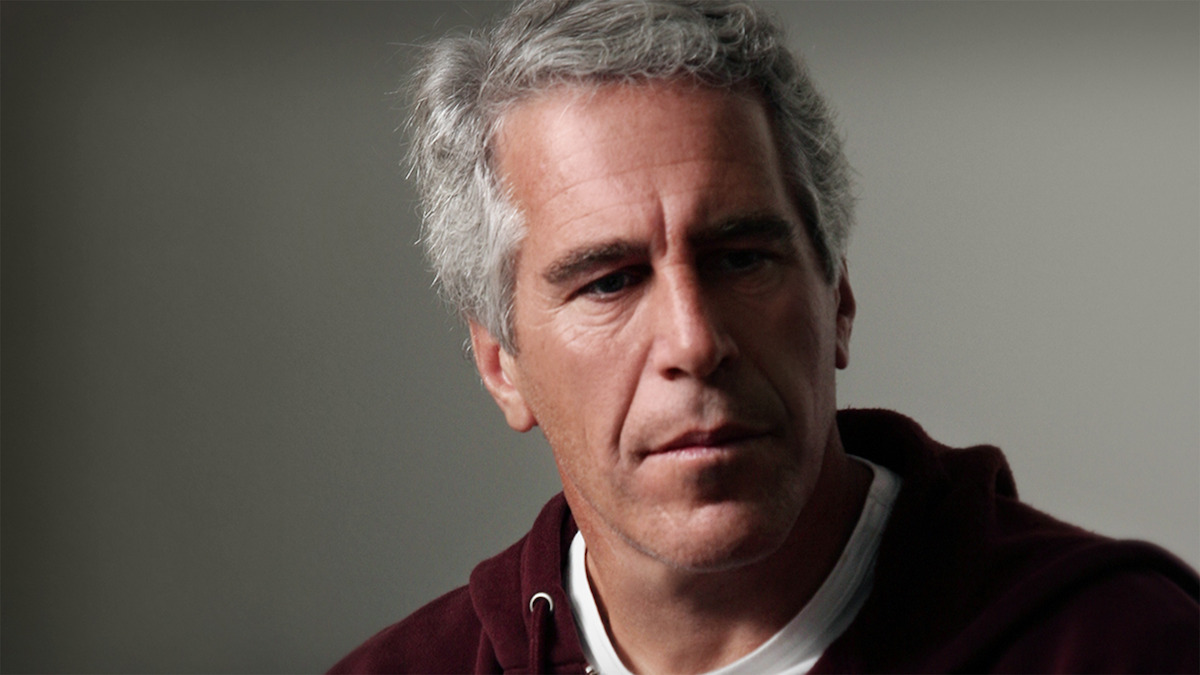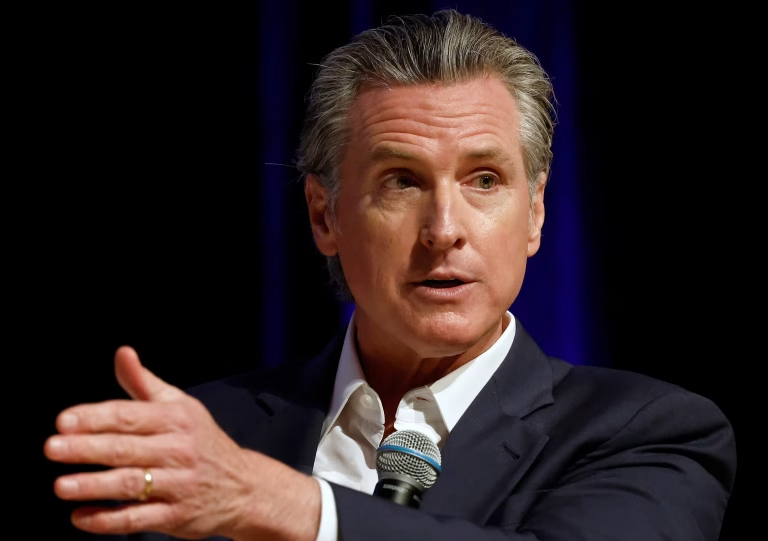The latest release of Jeffrey Epstein’s flight logs has added another wave of intrigue to one of the most enduring scandals in recent American history. The new batch, unveiled Friday by the House Oversight Committee, includes an eclectic mix of names — spanning politics, business, and the media — underscoring the extraordinary reach of the late financier’s network before his death in 2019.
While the documents provide fresh detail on the movements of Epstein’s private aircraft over more than two decades, investigators and legal experts are urging the public to approach the information with caution. Being listed in the flight records, they emphasize, does not imply any involvement in Epstein’s crimes or knowledge of his activities.
Nonetheless, the appearance of additional figures, some long deceased and others still active in public life, has reignited debate about how Epstein cultivated such a broad circle of acquaintances — and how his influence persisted even after his first conviction.
A Broader Picture Emerges
The newly released logs are part of the so-called Epstein files, a trove of court documents, law enforcement records, and internal correspondence now being made public in stages. Together, they offer a detailed — if still incomplete — picture of Epstein’s world, one defined by wealth, secrecy, and access to some of the most powerful people in America and abroad.
Among the fresh entries are flights dating between the mid-1990s and 2009, many departing from New York-area airports and arriving at Epstein’s properties in Florida or the U.S. Virgin Islands. The financier’s main jet, sometimes referred to as the “Lolita Express,” has long been central to investigations into his movements.
According to the logs released Friday, at least eight passengers were aboard a flight from Newark, New Jersey, to St. Thomas on January 12, 2007 — a trip that included Epstein himself. The passenger list features several prominent individuals, one of whom has drawn particular public interest: Walter Cronkite, the legendary CBS news anchor often described as “the most trusted man in America.”
The Cronkite Connection
Cronkite’s inclusion in the records has surprised historians and journalists alike. At the time of the listed flight, the veteran broadcaster was 90 years old, two years before his death in 2009. There is no evidence that Cronkite had any connection to Epstein beyond that single listing, and his name has not previously appeared in relation to the case.
Representatives for Cronkite’s estate have not commented publicly, but reports indicate that archivists may now review his correspondence and travel records to clarify the context of the trip.
Cronkite’s career spanned nearly two decades as anchor of the CBS Evening News from 1962 to 1981, during which he reported on the Vietnam War, the moon landing, and the Kennedy assassination. He received the Presidential Medal of Freedom and numerous other honors for his service to journalism.
That such a towering figure could appear, even incidentally, in Epstein’s travel history illustrates how wide the financier’s social net extended — from billionaires and royals to academics, scientists, and journalists.
“No Client List Ever Existed”
The publication of these records has fueled fresh online speculation about a so-called “client list,” a term used widely on social media but rejected by law enforcement officials.
Former Florida Attorney General Pam Bondi reiterated earlier this year that “a client list never existed.” Instead, she said, there are flight manifests and contact logs that reflect Epstein’s frequent interactions with public figures in both professional and social contexts.
Those appearing in the documents include several familiar names from earlier reporting: Prince Andrew, former President Bill Clinton, Microsoft co-founder Bill Gates, Virgin Group founder Richard Branson, and President Donald Trump.
However, as investigators repeatedly emphasize, presence in the logs does not constitute evidence of criminality. Many passengers have publicly denied any involvement with Epstein’s activities or claimed their travel related to philanthropy, business, or unrelated social events.
The Acosta Testimony
The Friday document release also included a transcript of testimony from former U.S. Attorney Alex Acosta, whose 2008 plea agreement with Epstein has remained one of the most controversial chapters in the saga.
Under the deal, Epstein avoided federal sex trafficking charges by pleading guilty to lesser state offenses, serving 13 months in jail, registering as a sex offender, and paying compensation to victims.
Critics later described the agreement as a miscarriage of justice. But in his testimony before the House Oversight Committee, Acosta defended the decision as a strategic choice under difficult legal conditions.
“There were evidentiary issues with the victims,” Acosta said. “Many refused to testify. Many had changing stories. All of us understood why they had changing stories, but they did. And defense counsel would have — cross-examination would have been withering.”
He added that the plea ensured Epstein would face some accountability rather than risk acquittal at trial: “Our judgment was that it was better to have a billionaire serve time in jail, register as a sex offender, and pay restitution than risk a trial with a reduced likelihood of success.”
Acosta’s remarks have reignited debate over prosecutorial discretion and whether the justice system applied a different standard to Epstein because of his wealth and influence.
Epstein’s Social Web
Jeffrey Epstein’s network was vast and eclectic. He cultivated relationships across political and ideological lines — hosting professors, scientists, philanthropists, and politicians at his Manhattan mansion and on his private island, Little St. James.
Epstein’s charm and wealth reportedly masked predatory behavior that persisted for years. Following renewed investigations, he was arrested in July 2019 on federal sex trafficking charges. A month later, he was found dead in his New York jail cell, a death ruled as suicide.
His longtime companion, Ghislaine Maxwell, was convicted in 2021 for sex trafficking and conspiracy and is currently serving a 20-year federal sentence.
The release of the new flight logs is part of Congress’s continuing effort to clarify how Epstein maintained his access to high society and whether systemic failures allowed him to evade accountability for so long.
Public Reaction and Historical Context
The public response to the latest disclosures has been intense but divided. Online forums and social media platforms have been flooded with speculation, often blurring the distinction between confirmed facts and conjecture.
Experts warn that the flood of partial information could lead to misunderstanding. “These documents reveal associations, not evidence of crimes,” said Dr. Melissa Hartwell, a criminologist at Georgetown University. “It’s essential to remember that appearing in a flight log does not establish guilt — it establishes proximity.”
The case has also reignited discussions about transparency and public trust. Many observers note that the gradual, piecemeal release of Epstein-related material — often through court orders or congressional inquiries — feeds both legitimate curiosity and conspiracy theories.
In the case of Cronkite, scholars have urged restraint. “Walter Cronkite’s career embodied credibility,” said media historian Dr. Ellen McCarthy. “Until or unless there’s context proving otherwise, a single line on a flight record shouldn’t redefine a lifetime of integrity.”
What Comes Next
Lawmakers have indicated that more files may be released in the coming weeks, including additional transcripts and correspondence from Epstein’s associates and legal teams. The ongoing transparency initiative aims to dispel speculation while holding accountable any individuals who may have facilitated Epstein’s crimes.
Still, the process has raised a broader question: how to balance the public’s right to know with the need to avoid implicating innocent people through guilt by association.
Epstein’s death in 2019 closed one chapter of the story but left behind a labyrinth of unanswered questions — about his finances, his contacts, and the full extent of his network. Each new release, such as the one unveiled this week, provides fragments of an answer but also exposes the moral complexity of his world: one that blended power, privilege, and secrecy in ways still not fully understood.
As the files continue to emerge, they will likely continue to capture public imagination, not just for what they reveal about Epstein, but for what they suggest about the society that enabled him.

Emily Johnson is a critically acclaimed essayist and novelist known for her thought-provoking works centered on feminism, women’s rights, and modern relationships. Born and raised in Portland, Oregon, Emily grew up with a deep love of books, often spending her afternoons at her local library. She went on to study literature and gender studies at UCLA, where she became deeply involved in activism and began publishing essays in campus journals. Her debut essay collection, Voices Unbound, struck a chord with readers nationwide for its fearless exploration of gender dynamics, identity, and the challenges faced by women in contemporary society. Emily later transitioned into fiction, writing novels that balance compelling storytelling with social commentary. Her protagonists are often strong, multidimensional women navigating love, ambition, and the struggles of everyday life, making her a favorite among readers who crave authentic, relatable narratives. Critics praise her ability to merge personal intimacy with universal themes. Off the page, Emily is an advocate for women in publishing, leading workshops that encourage young female writers to embrace their voices. She lives in Seattle with her partner and two rescue cats, where she continues to write, teach, and inspire a new generation of storytellers.









